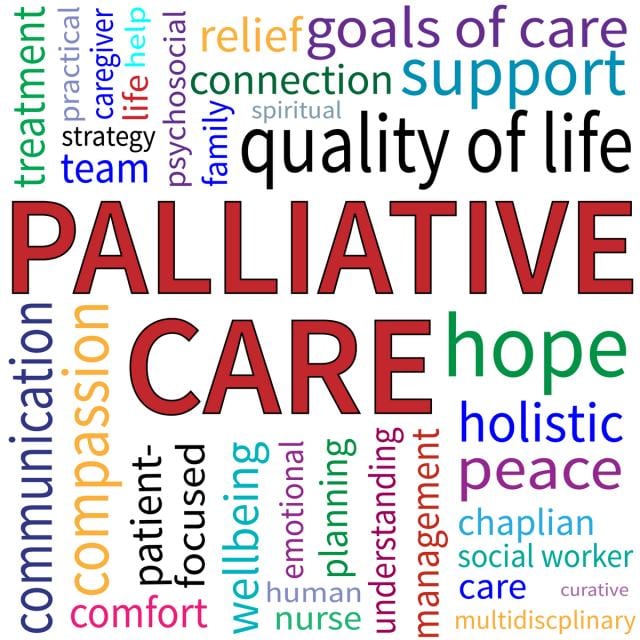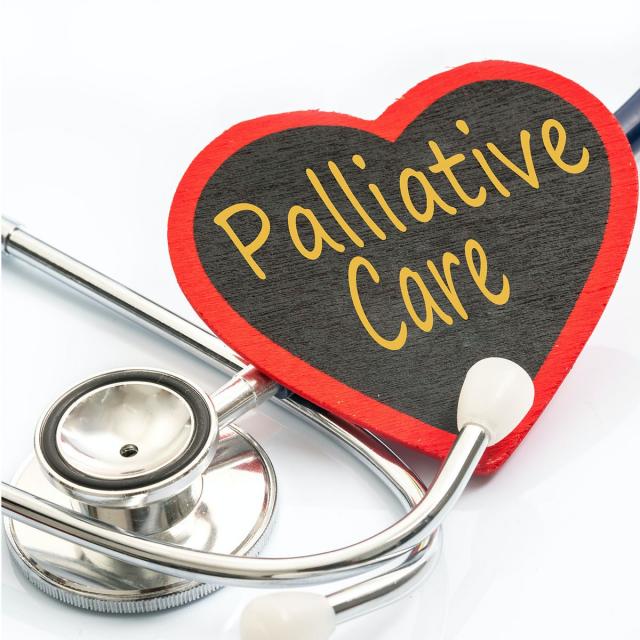Kavitha Ramchandran
Kavitha Ramchandran MD, graduated with an undergraduate degree in Human Biology from Stanford University, did medical school and residency training in medicine at University of California, San Francisco and completed her fellowship in Medical Oncology and Palliative Medicine at Northwestern University, Chicago. She joined faculty at Stanford University in 2010. Currently she is a Clinical Associate Professor of Medicine in the Division of Oncology. Dr. Ramchandran is recognized for her contributions as a leader in the integration of palliative and oncology care. Dr. Ramchandran is one of a small number of dual trained faculty who are working to build synergies between the fields of oncology and palliative medicine in the areas of supportive care research, and novel models of care. She now serves as Stanford Cancer Institute’s medical director for PathWell dedicated to improving the quality of life experience for patients with a cancer diagnosis. In her care of patients Dr. Ramchandran values a deep relationship with the families she cares for. She provides care that is aligned with the patient and family's personal values with the goal of the best quality of life and longevity possible. Dr. Ramchandran’s research focuses on developing care delivery models that incorporate values (patients, family members, and clinicians), as well as novel means of palliative care education. She does research on online education and in patient reported outcomes (PROs). She also is part of an active thoracic oncology trials group recruiting patients for clinical trials using novel therapeutics. Dr. Ramchandran currently serves as an editor for Cancer.net, the American Society of Clinical Oncology patient and family educational website, the planning committee for the Palliative Care in Oncology Symposium and the National Comprehensive Cancer Network Palliative Care task force. She serves as a clinician in thoracic oncology and in palliative medicine at Stanford Cancer Institute.





